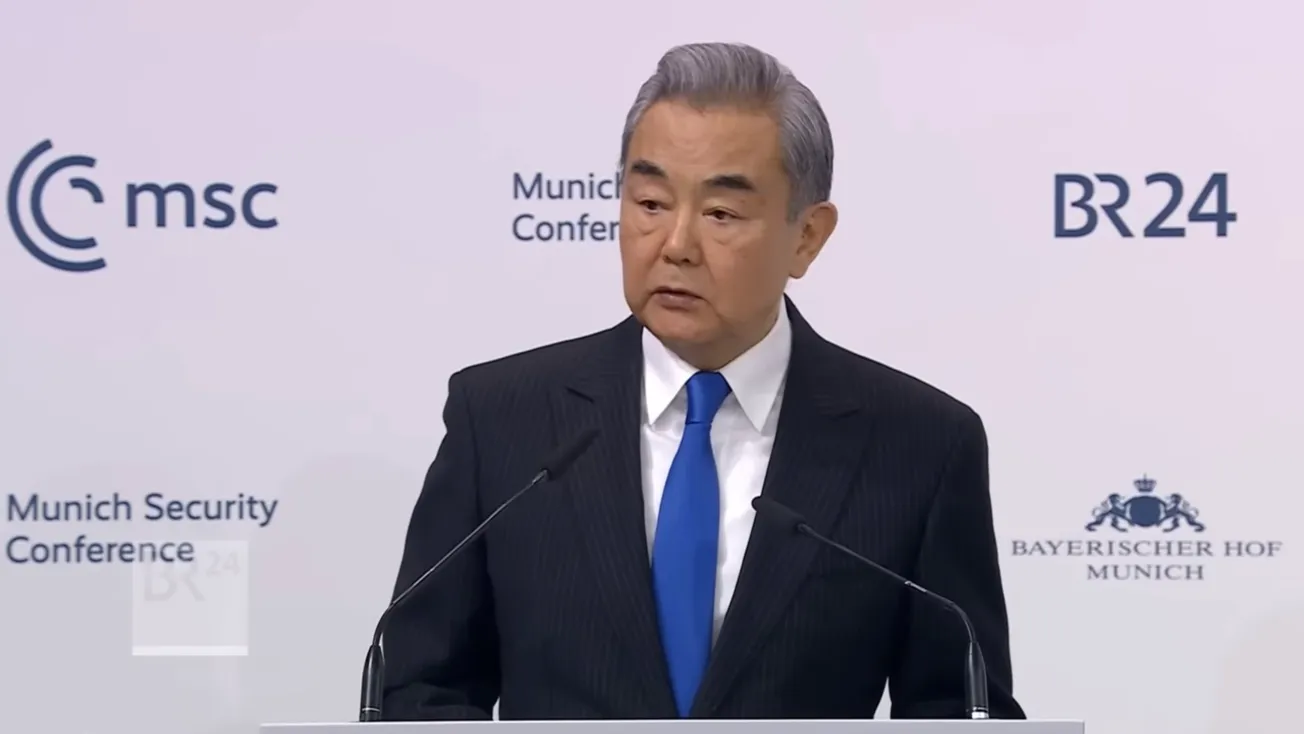The political crisis has worsened in Haiti. The population is still in shock over the July 7 assassination of President Jovenel Moïse, and now three individuals are claiming to be the country’s legitimate ruler in the political void left by Moïse’s death. Aside from the two people claiming to be Prime Minister, yesterday eight out of ten Senators (all that’s left of the 30 who used to make up that body) voted to make Senate President Joseph Lambert provisional President. It doesn’t appear that this question will be settled anytime soon. There are still some vigilantes out on the streets hunting down assassins, and random gunfire can be heard at night. It is now reported that 18 Colombians are in custody along with the two Haitian-Americans James Solages and Vincent Joseph, who were based in South Florida. Fifteen of the Colombians arrested have been identified as former members of that country’s armed forces.
According to statements the two Americans gave to a local magistrate, planning for the assassination had been going on for a month at a swank hotel in the Port-au-Prince suburb of Petion-Ville. The two claimed they were only translators for the hit squad, and that the plan was to take Moïse to the national palace, not kill him. The State Department confirmed that U.S. embassy officials are trying to gain consular access to the two American citizens, the Miami Herald reported today.
The operation was extremely well financed—by whom? Numerous sources point to “wealthy oligarchs.” The killers drove up to the presidential residence in expensive late-model cars and carried sophisticated, high-powered weapons. According to the Guardian, questions are being raised about Moïse’s own elite police security detail. The French investigative publication Mediapart proclaims that Moïse had hired a second group of bodyguards from the U.S. security firm Blackwater. How were the assassins able to breach at least two layers of a complex security setup, yet not injure any of the bodyguards? Was the security team complicit? All members are now being interrogated by the prosecutor in charge of the case.
More broadly, since 2016, when UN peacekeeping forces left the country, Haiti has been awash in private security contractors and mercenaries for hire, while the police have been overpowered by well-armed street gangs. In 2018, private contractors were seen standing with Moïse’s own security detail, which he later said were hired to evaluate his security. In another 2018 case, police arrested five Americans, including one former Navy Seal, found with a large arms cache of automatic rifles and pistols. They were later spirited out of the country with the aid of the U.S. embassy, the Miami Herald reported today. That so many Colombian ex-military men were involved in the Moïse assassination is also not surprising. Under the aegis of Plan Colombia, the U.S. military trained thousands of elite counterterrorism, counter-intelligence and urban warfare units to combat the FARC and ELN narco-terrorists. But once the Colombian government signed its phony “peace deal” with these groups in 2016, the military no longer had use for its highly-trained personnel, and “retired” them, often at very young ages. These are the individuals who have offered themselves for hire as private security—in some cases mercenaries—in many countries around the world, including Haiti, reportedly at a lower price than their Israeli, British and U.S. counterparts, Sputnik reported today.



